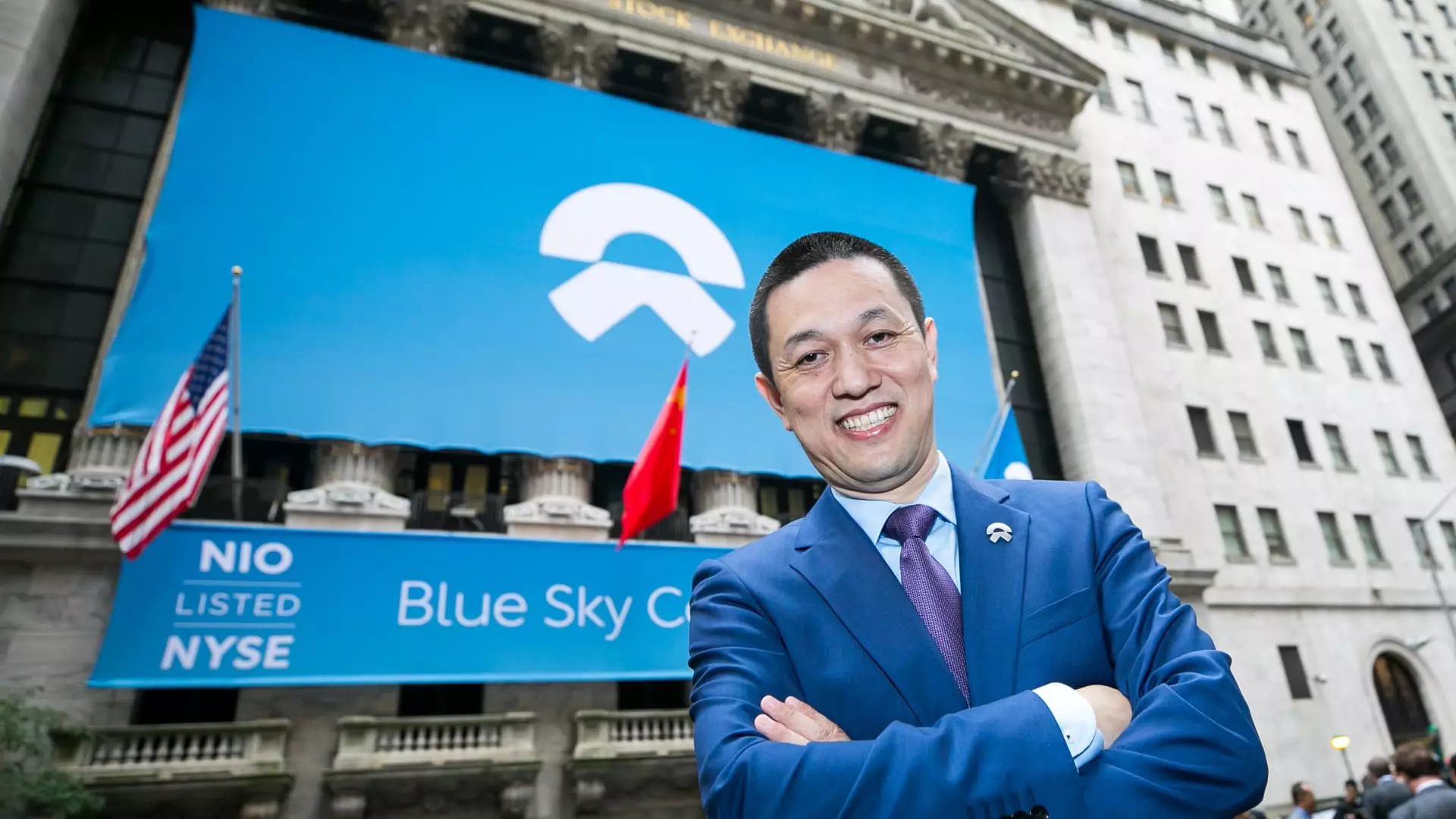Chinese electric car start-ups Nio and Xpeng have decided to shift their focus to a lower-priced segment of the market by introducing newly branded cars this year. Nio’s CEO William Li disclosed that the company’s first mass-market car will be an SUV that is more affordable than Tesla’s Model Y, which starts at 249,900 yuan ($35,197) in China. This marks a significant departure from Nio’s earlier strategy of targeting the premium market with vehicles priced at around $50,000 or more. The decision to launch a lower-priced car places Nio in direct competition with local rival BYD and German carmaker Volkswagen.
Xpeng’s Innovative Approach
Xpeng, known for selling cars in a slightly lower price range than Nio, is also gearing up to introduce a new sub-brand called Mona. The new cars under the Mona brand are expected to be priced at less than 150,000 yuan ($20,700), undercutting Nio’s target price range. By venturing into the mass market segment, Xpeng aims to leverage scale, technology, and cost control to bring differentiated technology to a wider consumer base. The company’s focus on driver-assist software as a selling point has proven successful in the Chinese market, especially considering Tesla’s comparable full self-drive software is not yet available in the country.
Market Dynamics
China’s electric car market has witnessed an intense price war in recent times, driven by the increasing popularity of new energy vehicles like battery-only and hybrid-powered cars. This segment now accounts for over 40% of new passenger cars sold in the country. With competition intensifying, companies like Nio and Xpeng are compelled to adjust their strategies to stay relevant and capture a larger market share. Both companies recognize the potential of the mass market segment and are making strategic moves to capitalize on this opportunity.
While the premium market in China is crowded with numerous brands vying for consumers’ attention, the mass market segment offers a more focused competitive landscape with only a few dominant players. Xpeng’s plan to differentiate its mass-market brand from the existing one highlights the company’s commitment to offering unique and value-driven products to consumers. By aligning their pricing strategy with consumer preferences and market trends, Nio and Xpeng are poised to make significant inroads into the lower-priced segment of the electric car market.
As Nio and Xpeng gear up to launch their new mass-market brands, the competitive landscape in China’s electric car market is set to evolve. The introduction of more affordable electric vehicles will not only expand consumer choices but also drive innovation and technological advancements in the industry. With the rising demand for sustainable transportation solutions, Chinese electric car start-ups are well-positioned to capitalize on this trend and establish themselves as key players in the global electric vehicle market. It remains to be seen how Nio’s Onvo and Xpeng’s Mona brands will resonate with consumers and impact the overall market dynamics in the coming months.

